The Power of No
March 2, 2022
Saying “no” can be scary or risky, but it needs to be said to make boundaries. Everyone needs to learn to have absolute confidence while saying the word “no”. Saying “no” needs to be taught and respected by everyone.
People-pleasers are the ones with the worst issue of not being able to say “no”, they do not like conflict, which results in them saying yes to everything and never setting limits and boundaries with anyone. The trouble with not being able to say “no” can be linked to wanting approval from others.
Why is it Hard to Say No?
Having trouble with saying no can come from many sources. One place it can come from is childhood trauma with parents or guardians. If somebody grew up with parents who left them a feeling of having to earn their love, they may feel the need to always say yes to get approval.
“Harley Therapy’s” Sheri Jacobson speaks about it in her article “The psychological cost of never saying no”, stating, “Often it stems from a childhood where we didn’t feel we could get love simply by being ourselves. Somehow, despite their very best intentions, our parents or caretakers left us feeling we had to conform or perform to ‘earn’ their affections.” (www.harleytherapy.co.uk)
This can lead to growing up never wanting anyone to dislike them. Another reason why “no” can be hard to say “no” could also be from religions that teach everyone that they need to say yes to everything someone asks them to do.
Setting Healthy Boundaries
When someone says no, it sets a boundary with the other person. Setting boundaries is important to everyone when it comes to relationships, friendships, or family. It helps with self-care to set boundaries. Without boundaries, anyone could be taken advantage of in a relationship or work. Inability to make boundaries can be from common issues of low self-esteem, needing approval from others, or the fear of being rejected or mocked. Setting boundaries helps with self-care.
Forbe’s Sahar Andrade spoke about her example of setting good boundaries. “I used to be that person who was unable to draw healthy boundaries. I come from a culture where women especially are not supposed to say no or resist anything imposed on them. Though I had great parents, I went to a college that I did not care for in order to please them, and I was miserable
every day for almost six years.” She explains.
“In my personal life, I would not speak up in my relationships until resentment and anger defined me and my actions. Only when I finally stopped to undertake deep soul-searching work and studies did I realize that I felt intruded upon physically, mentally, emotionally, and psychologically. I was being continuously asked to perform even when I could not, and the worst part is that I was the ultimate culprit. I was allowing others to use me while putting my own sanity and success on the back burner to help others achieve their
dreams.”( https://www.forbes.com/)
NO Means NO
But what about when somebody DOES say no and the other person doesn’t listen? Kimberly Truong from Refinery spoke about her sexual assault story. “A few months ago, I was leaving a Manhattan bar on a busy Friday night, after having had a drink and waiting almost an hour for a friend, who after being delayed by the subway, said that she’d meet me at my apartment instead. The man who decided to keep me company while I waited, however, had different ideas. After about 10 minutes of hovering over me and trying to get me to go home with him despite my clearly saying no each time he brought up how close his apartment was to the bar, he finally relented when I got outside, but not without sweeping me into a hug in which he lifted me a good 12 inches off the ground…I knew in that moment that, had we been somewhere less public, that if he had no intentions of letting me go, this night could have ended very differently. I knew that, on some level, I was leaving this situation because this person was letting me, that if he truly wanted to overpower me, he most certainly could.” (www.refinery29.com)
No means “No”, no matter what situation, the person, or the place.




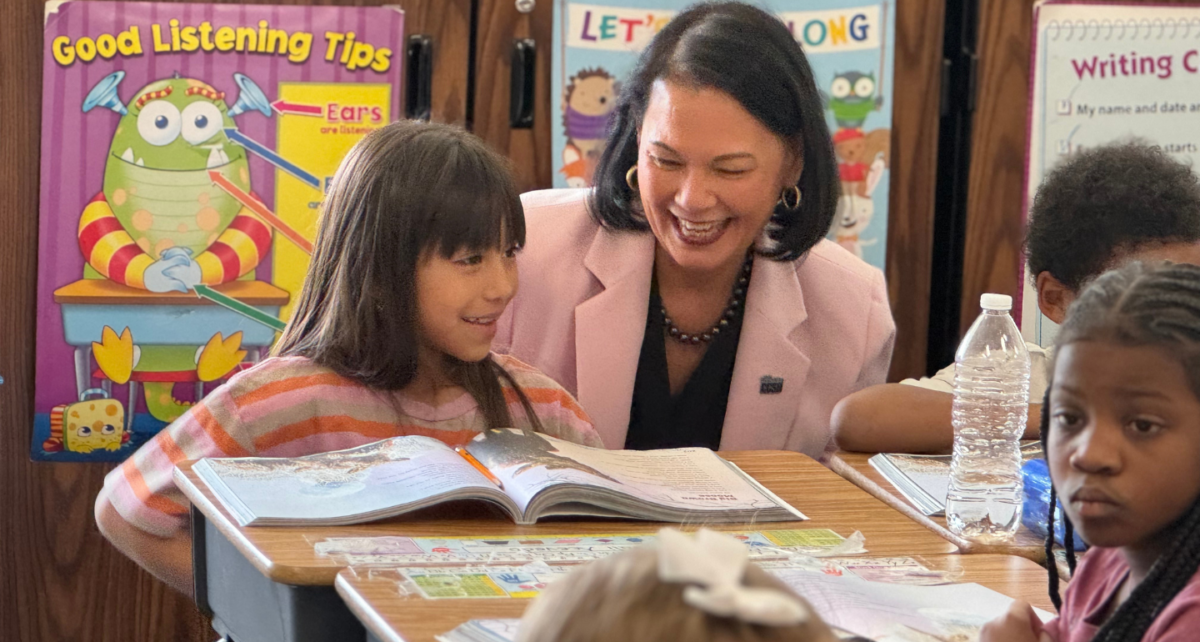


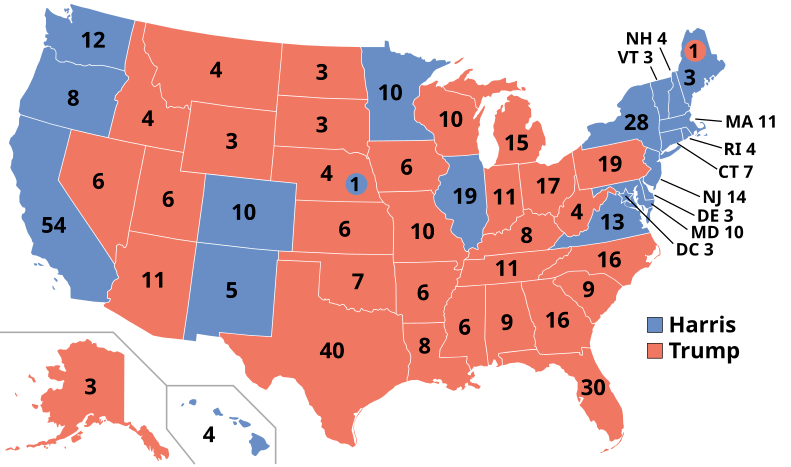



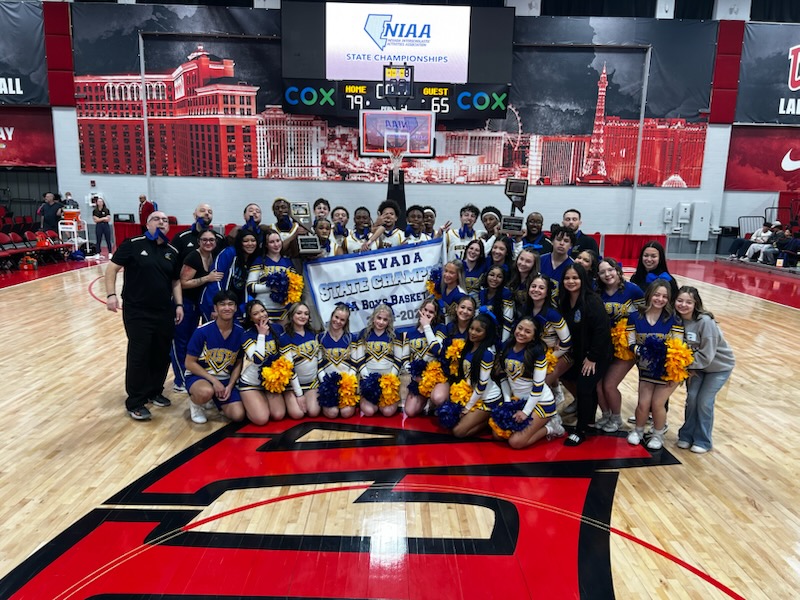

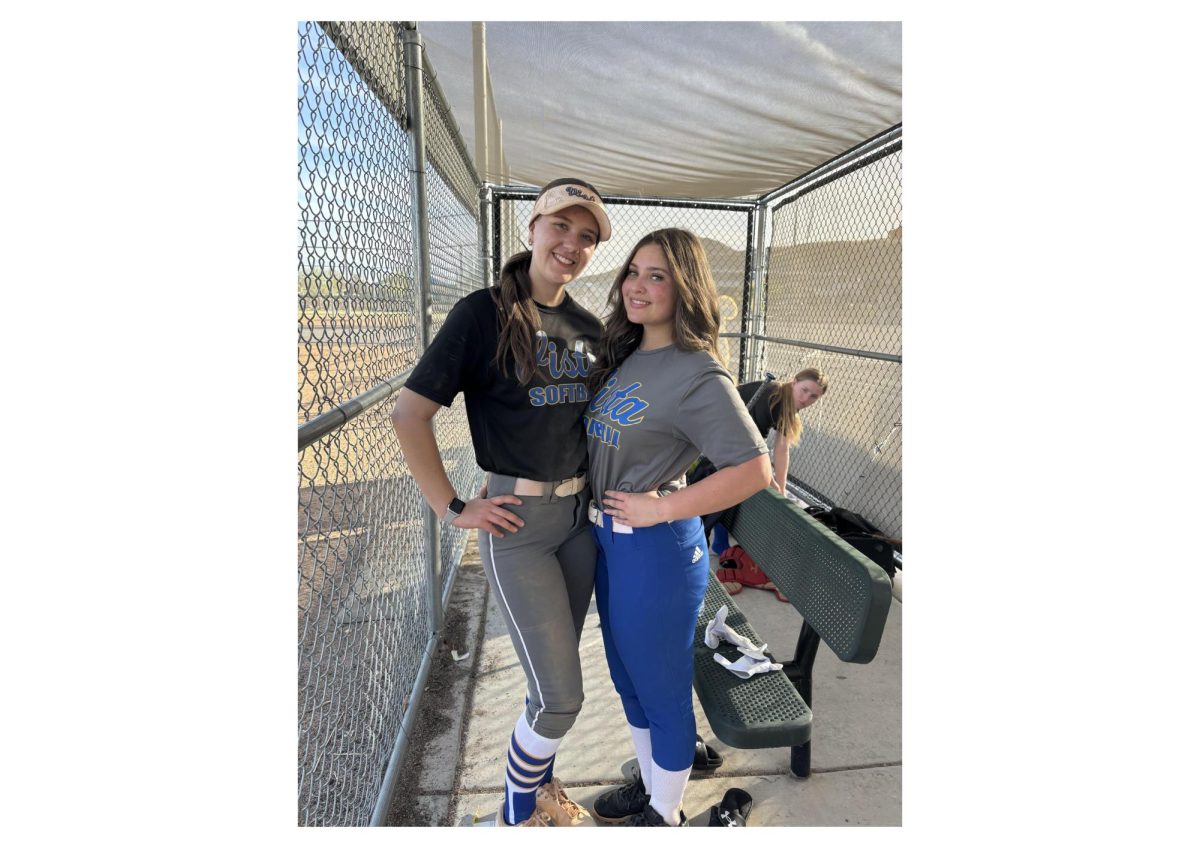


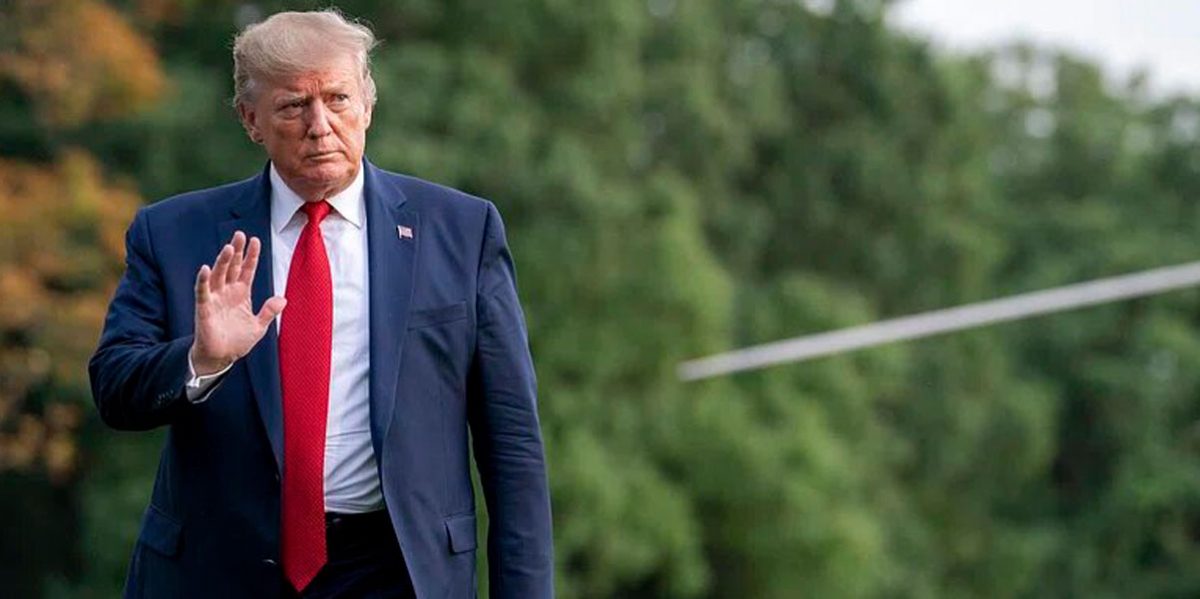


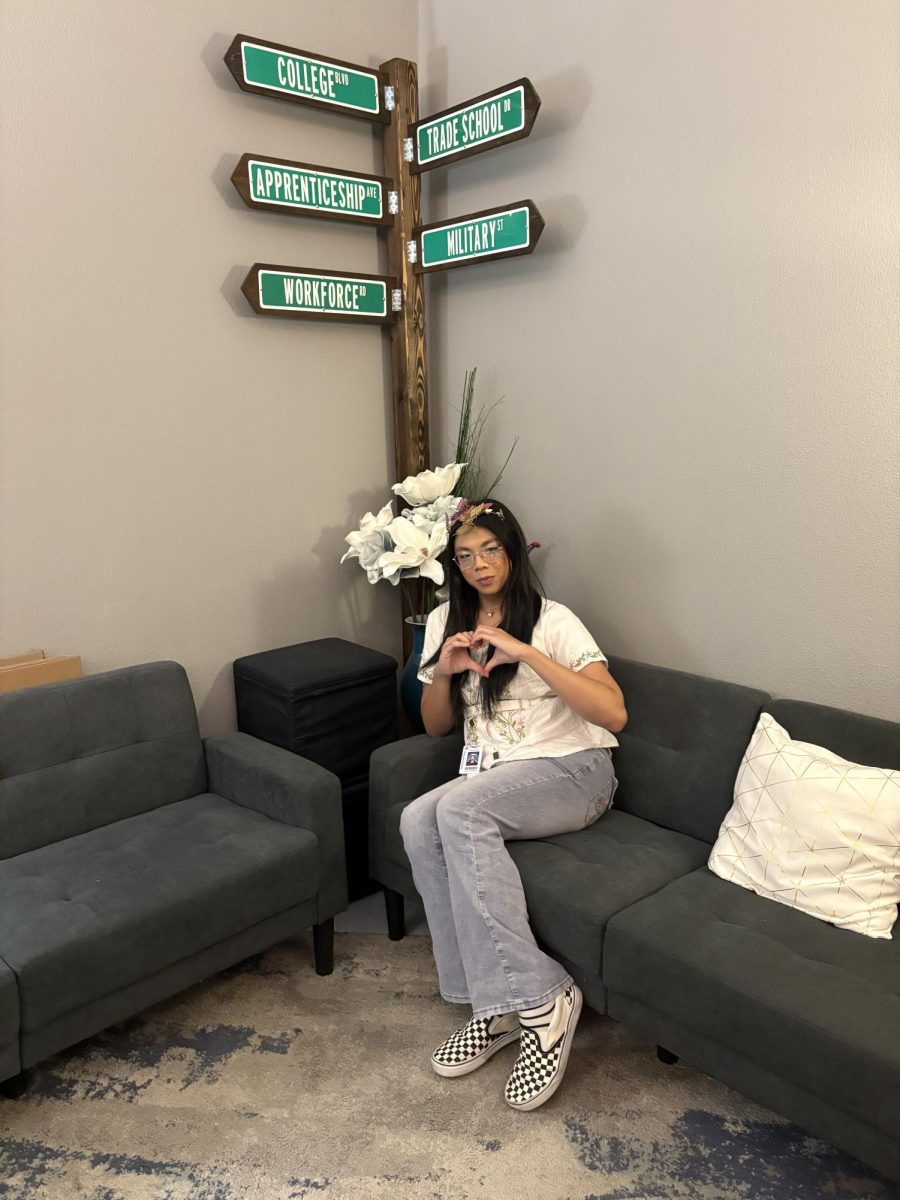

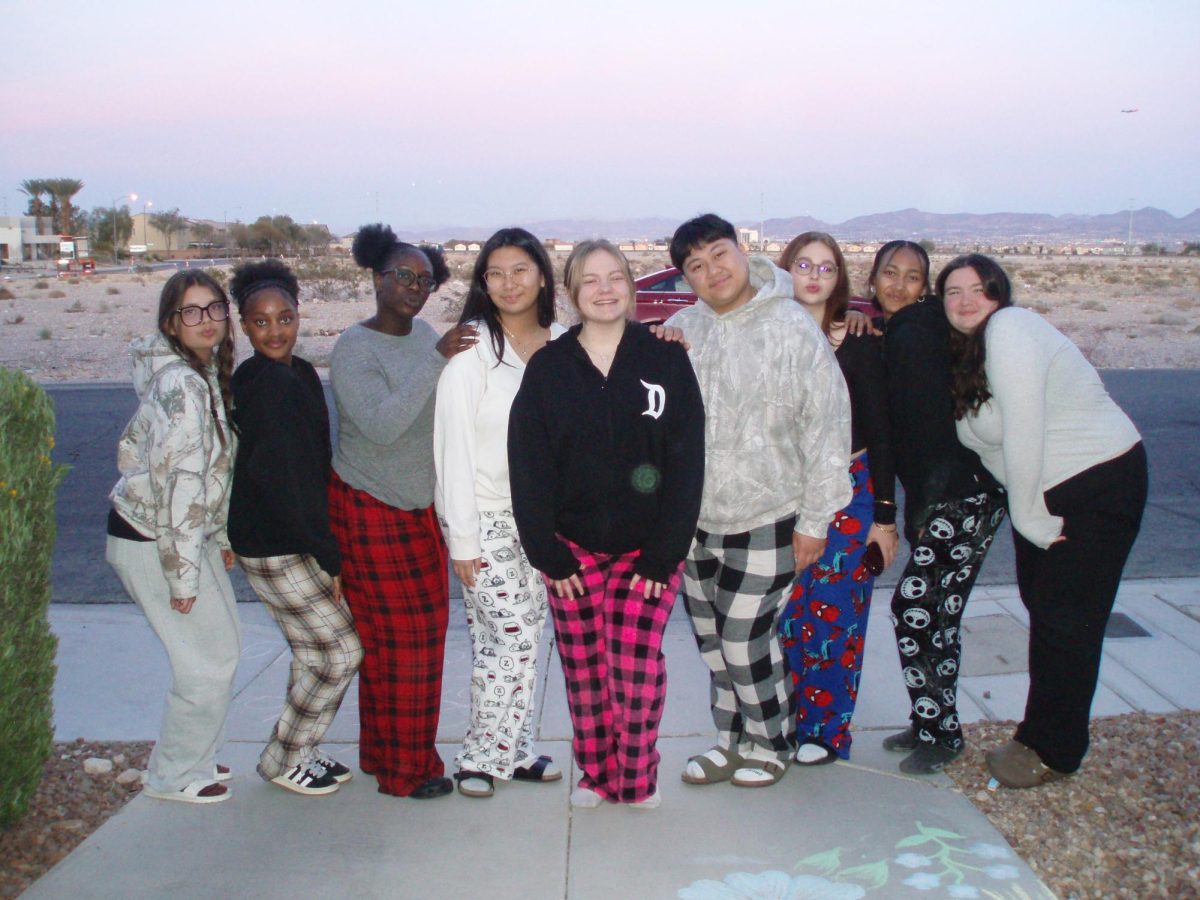
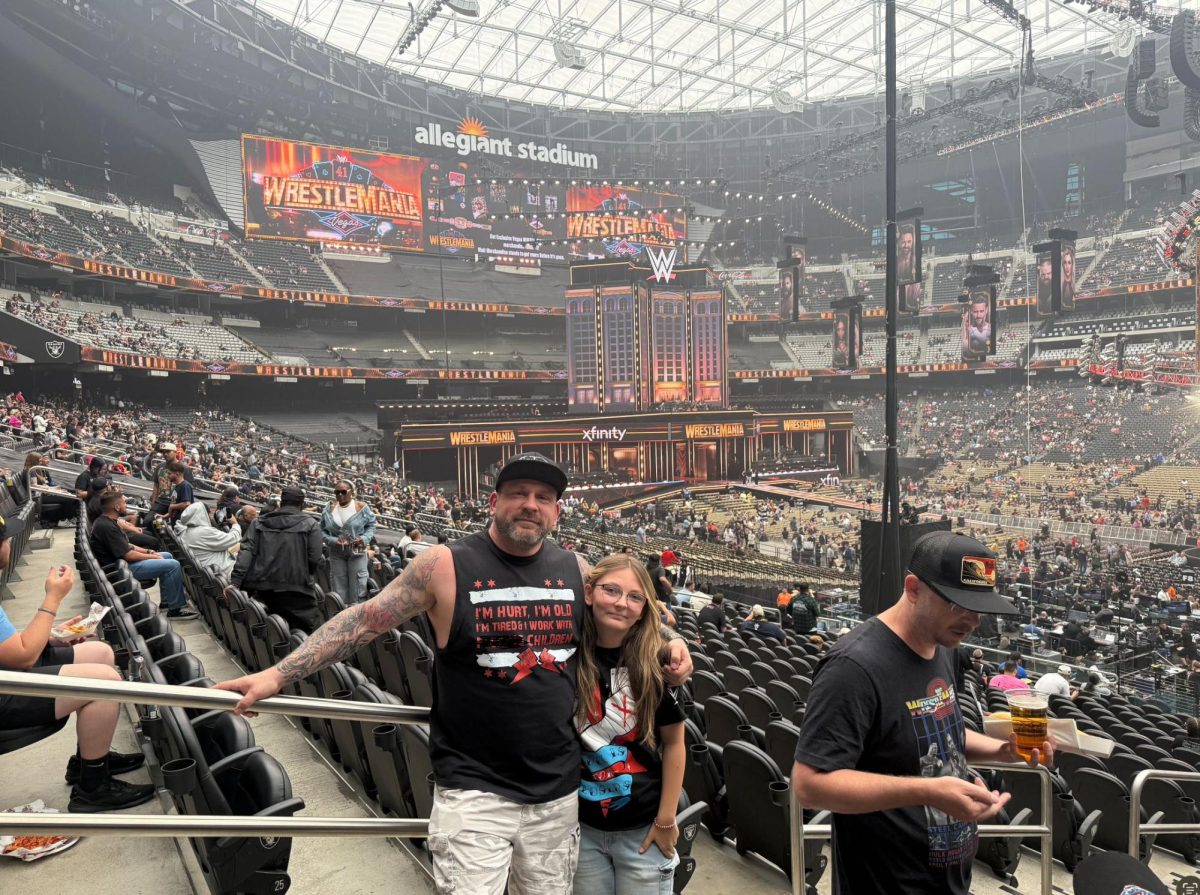

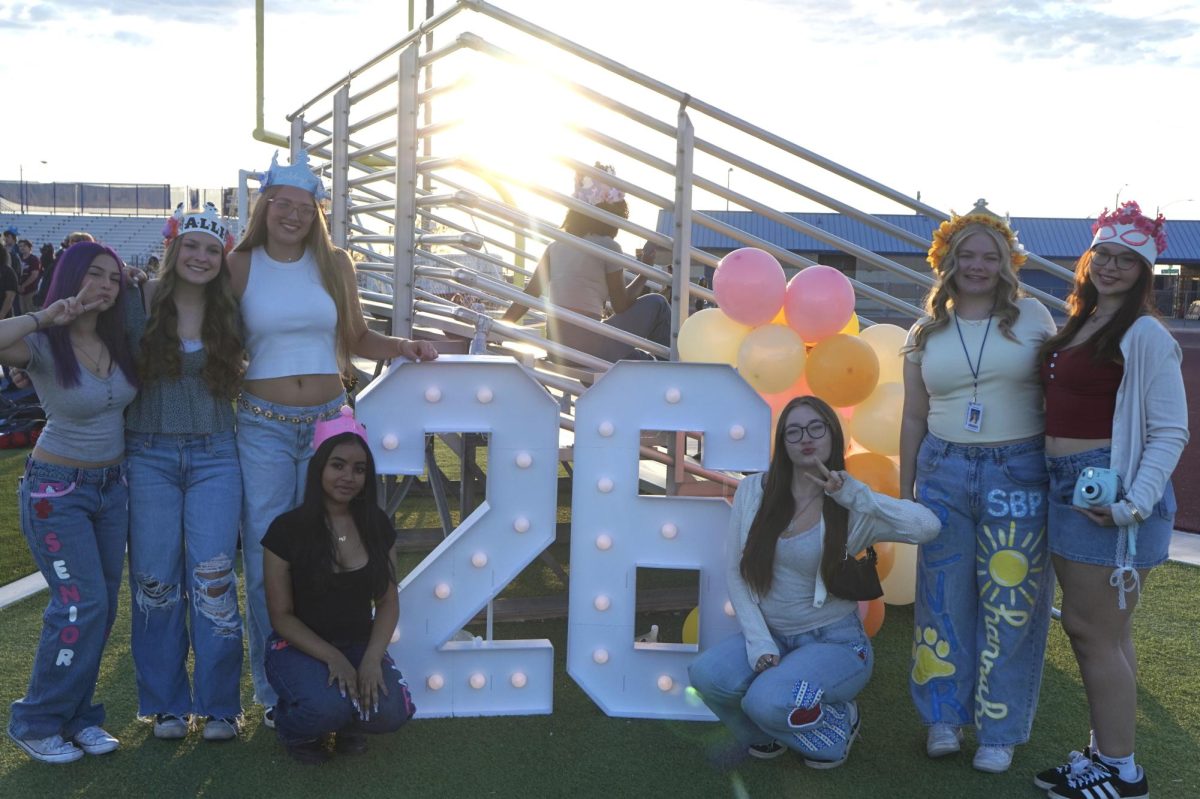


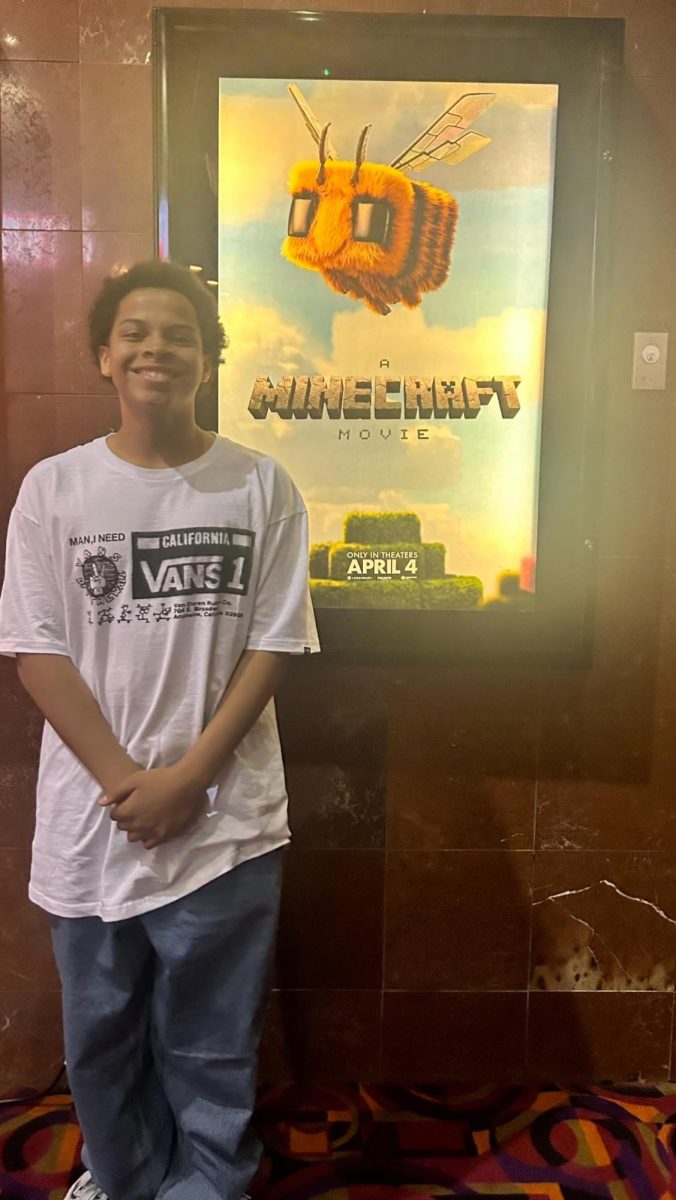

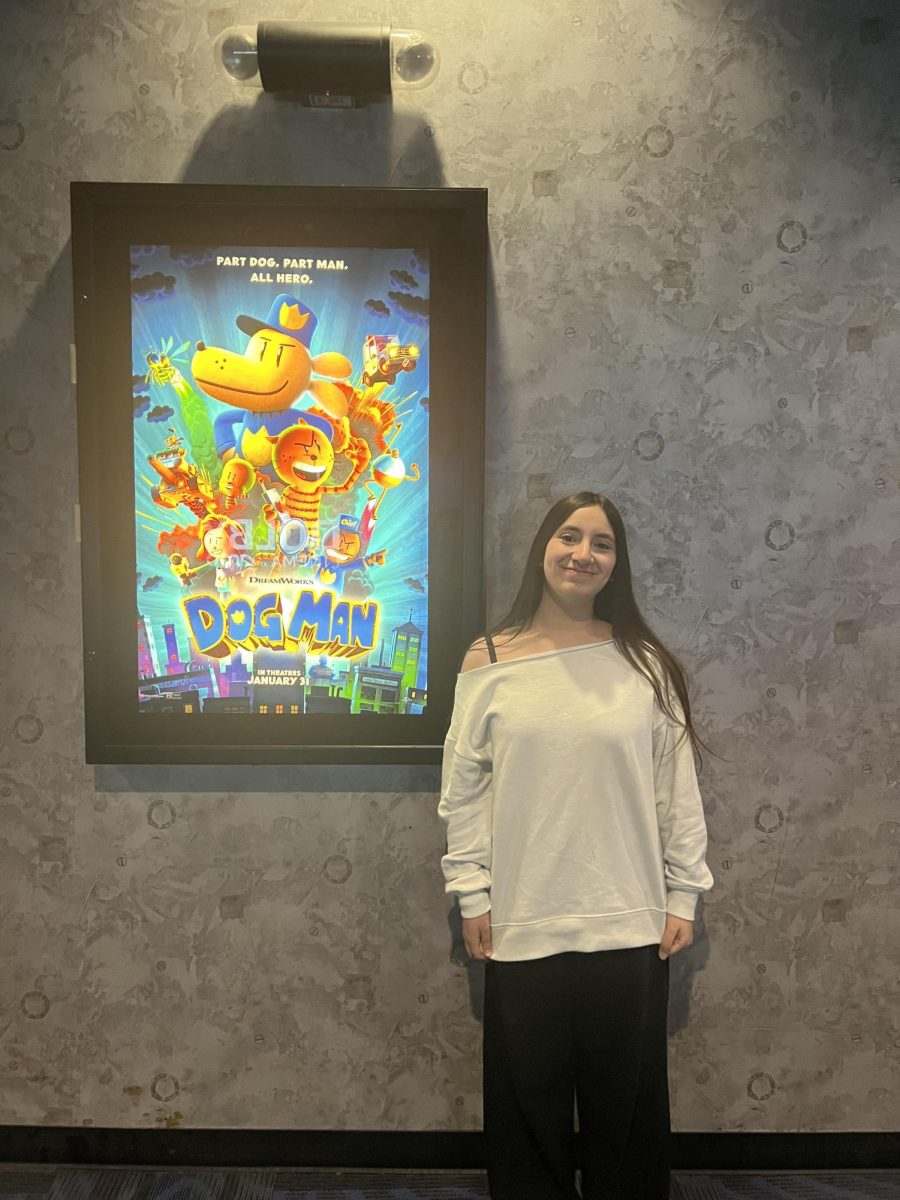
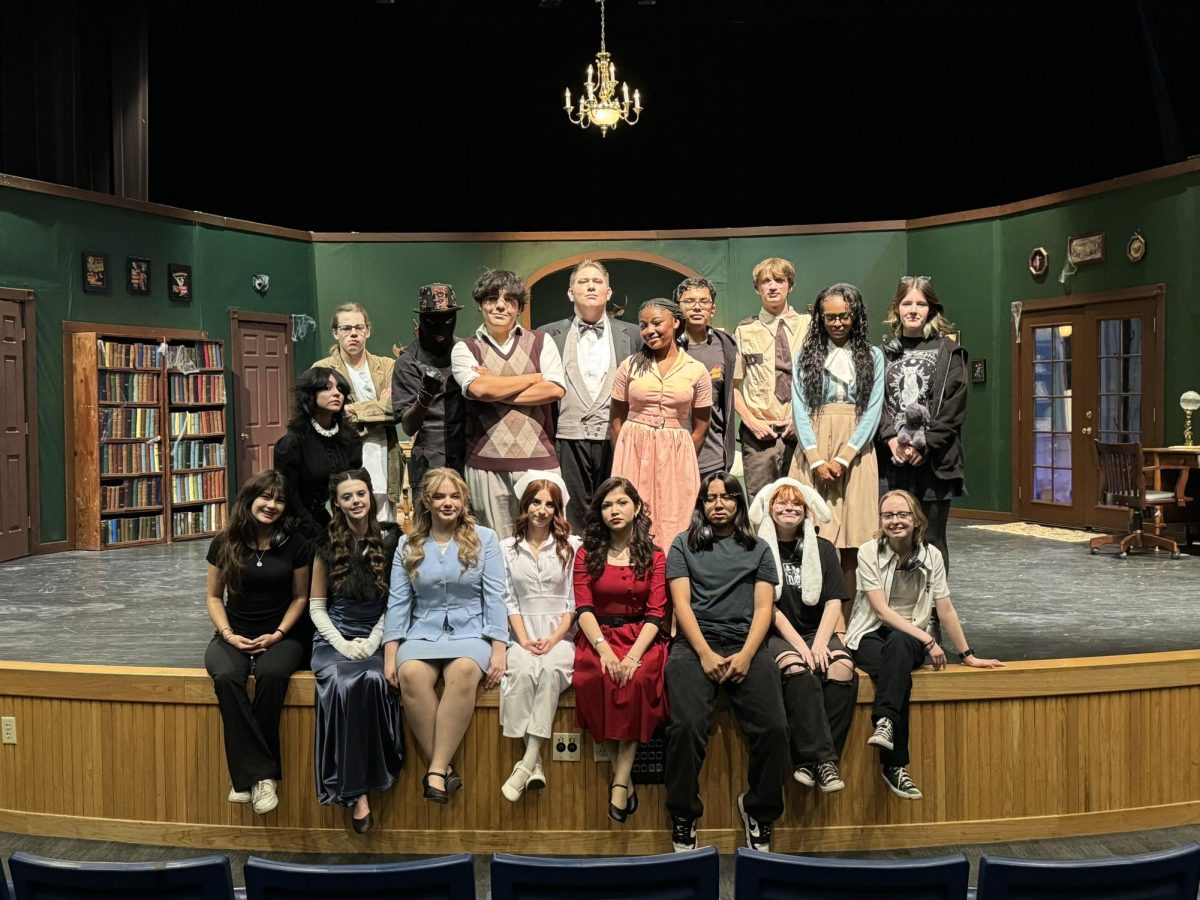

Reenie • Mar 6, 2022 at 5:12 am
Very well done Serena! This has hit me during my life until my power was greater than any voice or anyone’s thought on who I should be but me.